June has other posts for Dr. Bickmore's YA Wednesday. Browse through the contributors' page and pay special attention for her name during the month of October.
Thanks June.
Halloween through Both Old and New YA Texts
by June Pulliam
| The Taking of Jake Livingston is notable in how it thwarts common tropes of ghost fiction, where men and women have different experiences with spirits. For cis het white men, haunting is a threat to their masculinity, which is based on being in control of their bodies (and frequently the bodies of others). Haunting for these protagonists is more like demonic possession that can only be resolved by evicting the spectral interloper threatening their autonomy. For example, the male protagonist in Joe Hill’s novel Heart Shaped Box must banish the ghost that is trying to kill him. Or the parapsychologist Dr. Montague in Shirley Jackson’s The Haunting of Hill House, who arrogantly believes that ghosts cannot physically harm the living, stands corrected after Eleanor kills herself under the influence of the house’s spirits. In Richard Matheson’s A Stir of Echoes, Tom Wallace loses his bodily autonomy after being hypnotized by his sister-in-law: Tom is left vulnerable to the spirit world, and to regain control of his body, as well as the women in his life, he must locate the ghost’s corpse to put together the final, official narrative of her as a demanding and promiscuous woman in life. This narrative both gives the ghost the justice she desires while also banishing her to the afterlife. |
| Amazon’s reboot of Lois Duncan’s I Know What You Did Last Summer franchise is a close cousin to the ghost story: the series is more about haunting than Lois Duncan’s original novel or Jim Gillespie’s 1997 film version, which have more in common with the slasher genre. The story’s basic premise is a group intoxicated teens drive home from a party and hit someone walking in the road. When the teens see the unmoving victim in the roadside brush, they assume the person is dead. Because the teens are afraid of going to jail for vehicular manslaughter, they drive away and agree to never speak of the incident again. A year later, however, the four must come to terms with their cowardice when a stranger contacts each to tell them “I know what you did last summer.” Afterwards, the teens are killed one by one. |
Instead of asking us to suspend disbelief, both of these narratives ask us to consider haunting in a new light. Ghosts aren’t so much abject Others as they are manifestations of ourselves.
| June Pulliam Louisiana State University June Pulliam is a Distinguished Instructor who regularly teaches courses about slasher films, zombie fiction and film, and Young Adult fiction. She is the author of numerous books and articles on these subjects as well as a book about punk rock. Pulliam is also a self-taught painter who occasionally sells some of her work, an animal rescuer, and an old house enthusiast. |
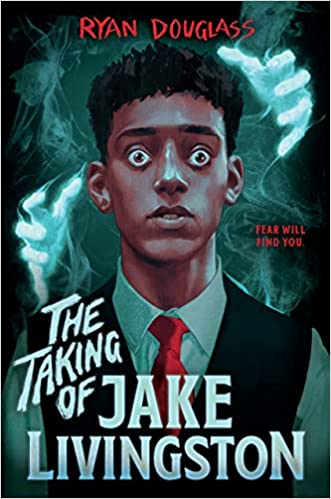
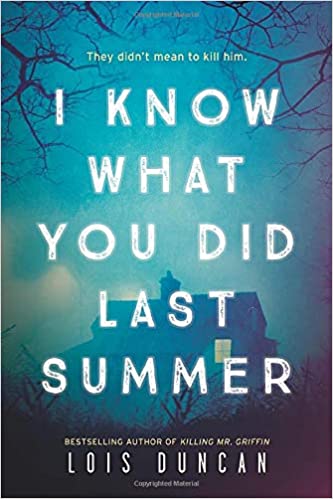




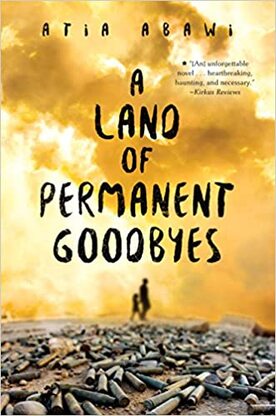
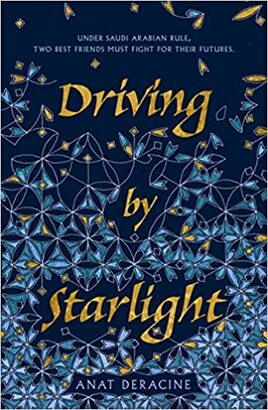
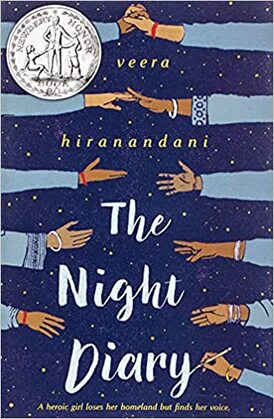


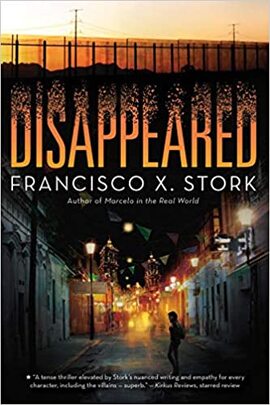
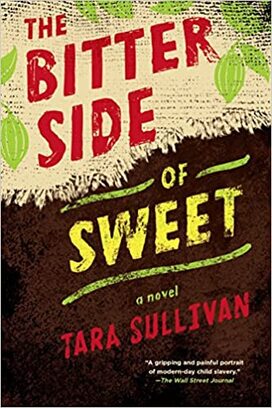








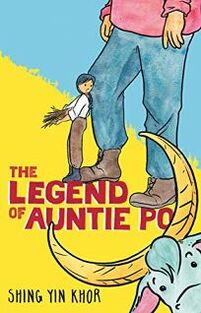
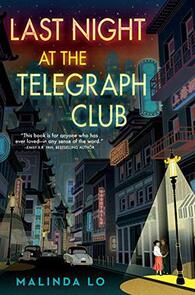
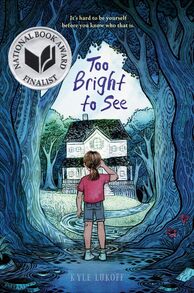

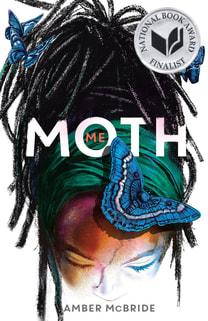
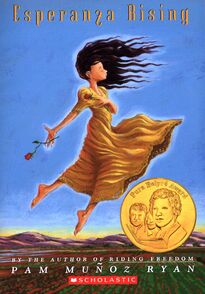
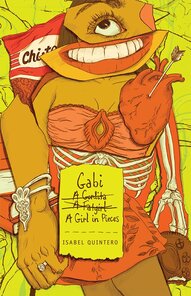


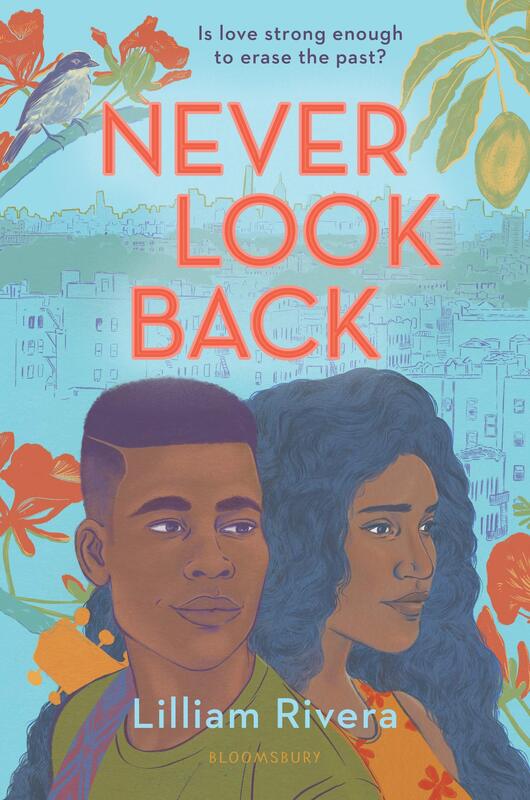








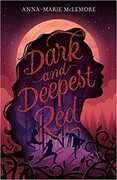
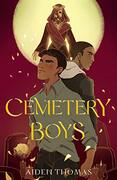





 RSS Feed
RSS Feed